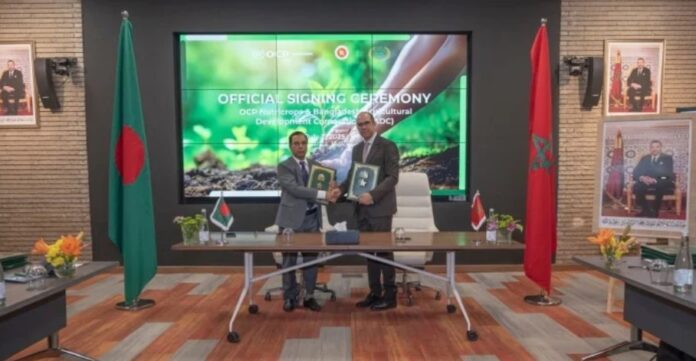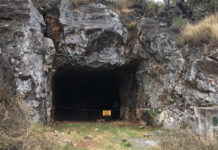OCP Nutricrops has secured a new deal with Bangladesh to supply 40,000 metric tons of diammonium phosphate (DAP), further cementing the Moroccan group’s presence in one of South Asia’s most fertilizer-dependent markets. The agreement, worth an estimated $34.5 million—or roughly $781 per ton—was officially approved in Dhaka during the 33rd session of the country’s Public Procurement Committee.
This latest contract highlights OCP’s growing role in Bangladesh’s agricultural strategy, where imported fertilizers remain vital to food production and economic stability. Alongside OCP, Tunisia’s Groupe Chimique Tunisien was also tapped to supply 25,000 tons of Triple Super Phosphate, underscoring how the country leans heavily on trusted international suppliers to meet its agronomic needs. For Bangladeshi authorities, OCP’s reliability and consistent product quality made it a logical choice as DAP continues to be a key input in boosting crop yields.
The deal also fits within a broader, long-term partnership. Back in July, OCP Nutricrops and the Bangladesh Agricultural Development Corporation (BADC) signed a much larger agreement to deliver 1.1 million tons of non-urea fertilizers over 2025 and 2026. As part of this deepening cooperation, an official Bangladeshi delegation visited the Jorf Lasfar industrial platform—OCP’s flagship global production site—as well as Mohammed VI Polytechnic University. That trip served both to reinforce institutional ties and explore new avenues for collaboration in agronomic research, training, and technology transfer.
But the relationship goes beyond trade. Since 2019, the OCP Foundation has trained nearly 15,000 farmers in Bangladesh—over 4,000 of them women—in sustainable farming techniques. These educational initiatives align closely with Dhaka’s national priorities, particularly those outlined in the 2020 Good Agricultural Practices Policy and the long-term Perspective Plan running through 2050.
For OCP Nutricrops, the partnership reflects a broader mission that stretches beyond fertilizer distribution. It’s about improving soil health, enhancing food security, and fostering agricultural self-sufficiency in Bangladesh. This South-South cooperation serves as a model for how strategic alliances can drive sustainable development, while simultaneously expanding Morocco’s influence in global agricultural markets.





